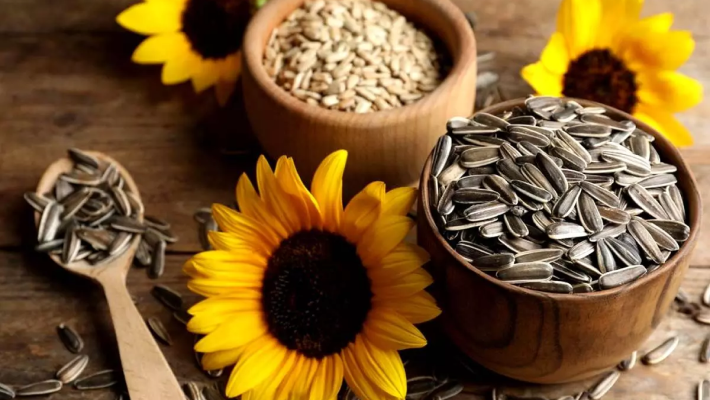Carnation
- €4,95
Vibrant Carnation Seeds for Perennial Garden BordersDiscover the charm of carnation seeds with the Dianthus deltoides Carmine Rose variety, known for its striking carmine pink flowers. This perennial rock plant features a compact growth habit,...
- €4,95
Fragrant Chabaud Carnation Seeds Mix for GardensDiscover the charm of Chabaud Carnation seeds, ideal for adding fragrant dianthus flowers to your garden. These Dianthus caryophyllus seeds produce beautifully scented garden carnations renowned for their elegance...
- €4,95
Attractive Chinese Carnation Seeds for Garden BordersEnhance your garden with Chinese Carnation seeds featuring striking double-flowered blooms. These Dianthus chinensis plants are ideal for creating charming low hedge plants that bring vibrant color from midsummer...
- €4,95
Perennial Clove Carnation Seeds for Rock GardensDiscover the charm of clove carnation seeds with the Dianthus deltoides Carmine Rose variety. This perennial flower seeds option features a compact growth habit, making it ideal for rock...
- €4,95
Vibrant Low Mixed Dianthus Seeds for BordersDiscover the charm of Dianthus seeds with this low mixed Thousand Beauties variety, perfect for enhancing rock gardens and border plants. This biennial flower collection, featuring Dianthus barbatus, offers...
- €4,95
Vibrant Low Growing Dianthus Seeds for GardensDiscover the charm of Dianthus seeds with the Low Mixed Thousand Beauties variety, featuring the botanical name Dianthus barbatus. These biennial plants produce colorful garden blooms that brighten borders,...
- €4,95
Vibrant Pink Dianthus Seeds for Garden BordersExperience the charm of Dianthus barbatus with Pink Beauty Thousand Beauties, a striking variety known for its brilliant pink hues and versatile garden appeal. These Dianthus seeds produce biennial...
- €4,95
Beautiful Dianthus Seeds Annual Mix for Gardens Discover the charm of Dianthus seeds with this single-flowered mixed annual variety, Dianthus barbatus. Known for its delightful fragrance and vibrant colors, this seed mix produces fragrant garden...
- €4,95
Fragrant Dianthus Seeds for Spring BloomingDiscover the charm of Dianthus seeds from the Dianthus plumarius variety, known as Spring Beauty. These perennial flower seeds produce evergreen flowering plants that reach a height of approximately 40...
- €4,95
Vibrant Dianthus Flowers for Sunny GardensDiscover the charm of Dianthus thousand beauties seeds, an exceptional mix of single-flowered biennial garden plants that bring a burst of color and fragrance to any sunny spot. These Dianthus...
- €4,95
Vibrant Grenadin Carnation Seeds for Summer GardensDiscover the charm of Grenadin Carnation seeds (Dianthus caryophyllus), renowned for their pleasantly scented flowers and abundant blooming. These biennial flowers grow to a height of approximately 60 cm...
- €4,95
Vibrant Thousand Beauties Dianthus Seeds MixDiscover the charm of Thousand Beauties Dianthus seeds, a captivating mix of Dianthus barbatus varieties that bring a splash of color to any garden. This collection features compact garden flowers...











































































